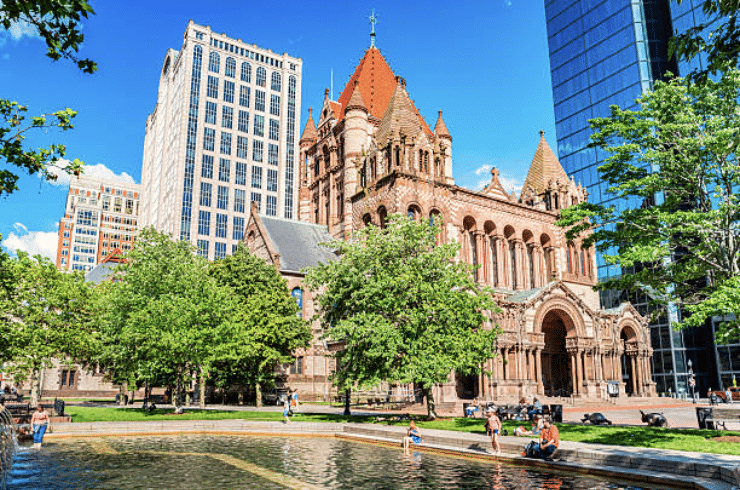By Jackie Zhou
It’s March again, and “normal” is a distant memory. Some have lost loved ones. Others have lost their jobs. Many have lived with crippling anxiety, and almost all of us have been very stressed out. Unlike other disasters, COVID-19 doesn’t have a singular date to mark its anniversary. For that reason, as well as a lack of common experiences around which everyone can coalesce, it’s been a challenging year!
What can we do to process what’s happened, and forge a path ahead? Here are five evidence-based strategies that can make a big difference day-to-day.
1. Radically accept that a loss has taken place. Whether it’s a loved one, social network, a lifestyle, or something else, naming and recognizing the loss is a first step. Conversely, refusing to accept turns our pain into suffering. Accepting loss does not mean that we don’t care or that we approve of our loss, rather that we have struggled and cannot do anything to change that fact.
2. Recognize that we are not alone. Even though we don’t have shared anniversaries for COVID-19 losses (unlike other national tragedies, such as 9/11), there are many other people in this world who are also going through a challenging time. Therefore, we are not alone, because there’s always someone who can relate to and understand our pain.
3. Contribute to others’ lives. When we feel stuck in a challenge, contributing to others’ wellbeing can create a sense of meaning and purpose. Formal volunteering is one option, but even the simplest of prosocial behaviors can make a big difference, such as making a phone call to a friend in need, or donating unused food or clothing to people in need.
4. Find a sense of meaning. More than a silver lining, finding a sense of meaning involves making sense of life circumstances by addressing the question “how am I different because of what happened?” When we recognize some ways in which we have transformed for the better, for example, life challenges seem infinitely easier to withstand. Finding meaning is a process more than an outcome, and everyone’s pace in this process is different, so there is no hurry in trying to find our meaning.
5. Be constructive. Moving on does not mean erasing or forgetting challenges from our memory, rather it entails finding ways to constructively incorporate remembrance into our lives. Remembering lost and being constructive do not need to conflict with each other. We can miss going to a favorite restaurant, while learning how to cook. We can miss traveling abroad, while exploring hidden gems in your neighborhood. Similarly, for those who have lost loved ones, it’s important to take one’s time to recover, and then ultimately forge ahead to construct new relationships, recognizing that our loved one would be happier for us to do so.








